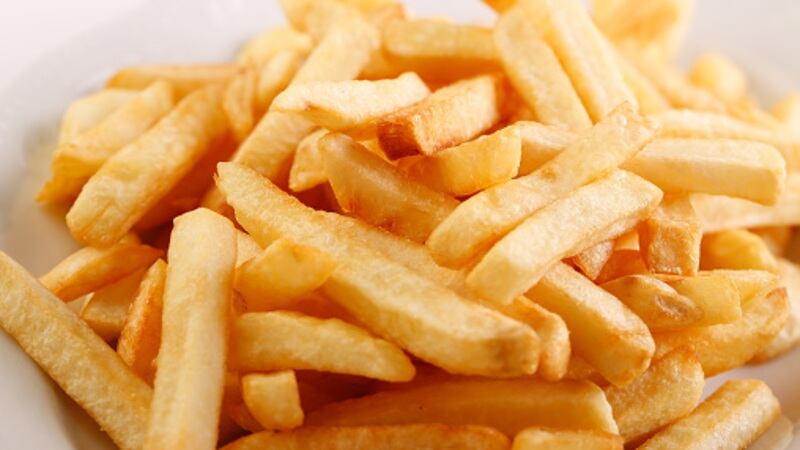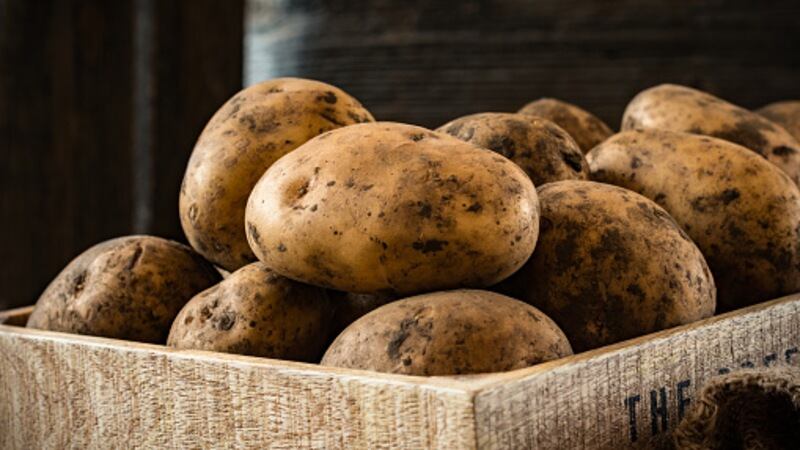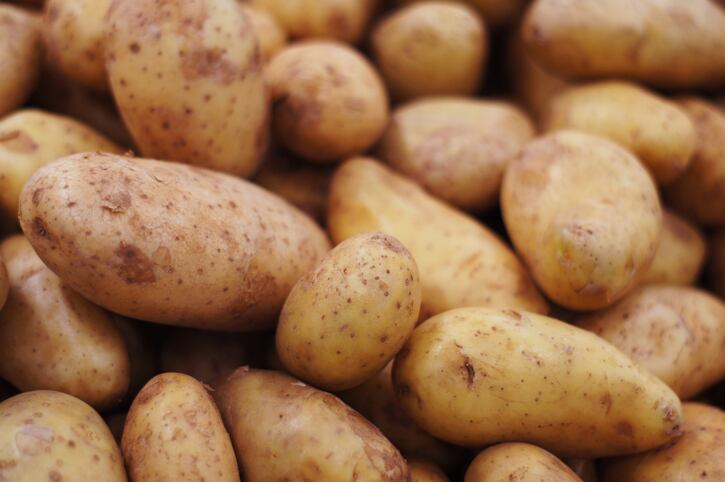The alert was raised after the European Union (EU) recently passed an EUR650mn (US$741.1/A$1.1.mn) COVID-19 government assistance scheme that would enable EU firms to export their processed potatoes cheaply Down Under, where before it had never been a common avenue.
“In normal market situations, exporting potatoes from the EU to Australia is a very expensive process and thus a rather uncommon option, but this million-dollar compensation scheme would make it much more cost-effective for EU traders to send their potatoes here,” Tyson Cattle, Australian vegetable and potato industry body AUSVEG’s National Public Affairs Manager and National Farmers Federation Horticulture Council Executive Officer told FoodNavigator-Asia.
“Our main concern here is that this influx or dumping of foreign processed potatoes here would lead to a severe price drop in the local market due to having a sudden excess. This would negatively impact not only potato processors like McCain and Simplot who initially brought this to our attention, but also potato growers all throughout the country.
“These growers, particularly those in Tasmania, have had a tough time of it already what with a challenging wet harvest on top of all the other challenges – and we need to make sure that they are adequately paid for their planted crops, which is unlikely to happen if the potato prices drop.
AUSVEG has been in discussion with the Department of Foreign Affairs and Trade (DFAT) to highlight concerns surrounding this ‘threat to the local potato industry’ since the EU announcement was made, but has not yet secured a conclusion on any preventive measures.
“The DFAT and Trade Minister has said that no trade decisions will be made until we present any actual evidence of dumping occurring,” said Cattle.
“Right now, we’re just on high alert and monitoring the situation with McCain and Simplot to collect data on imports and the market – we’ve been told that this needs to be as detailed and specific as possible in terms of values, market cuts, import statistics and so on to prove dumping is actually happening.”’
When queried about the possible preventive actions that the industry hopes the government can implement, Cattle said that there were a ‘range of options’ which AUSVEG would support as long as local industry interests are protected.
“Australia is a free-trade nation for many different commodities, and we don’t want to prescribe anything but are just highlighting our concerns to the government – whatever the government might choose to do from its range of options such as tariff implementations or bans, whatever string or lever is pulled, we just want to protect in integrity and price for domestic growers,” he said.
“It’s a new space for everyone and a delicate environment given COVID-19 which has changed the way all countries engage, so I would say nothing is really off the table right now.”
Australia also has an Anti-Dumping Commission to handle such matters, but Cattle explained that the industry opted to go directly to DFAT as ‘it might be too late’ to take the normal route.
“If we opted to go through the Anti-Dumping Commission, one of the main concerns industry has is that it might be too late to put any preventive measures in place by the time the dumping occurs,” he said.
“Processes here are costly, and also take quite a long time – we saw this in the barley situation with China, where processes through the commission took five years. Feedback from the industry is that if the imported fries to come to market, taking this route would be too late as it really does not take many shipments of fries to completely flood the market.”
According to PotatoPro data, Australia produces an average of 1.3 million tonnes of potatoes a year, with over 60% of this processed into frozen potato products and chips.
Clear cut concern
Manufacturing workers’ unions in Australia had also launched rallies at work sites upon hearing the news of possible fries dumping last month, though Cattle stressed that that was a separate matter entirely.
“Those rallies were held because the workers’ unions were worried that the fries influx and price drop would lead to job losses – we have not been in contact with these unions, and were not involved in those rallies,” he said.
That said, the rallies drew the attention of European potato trade bodies, leading Belgian trade group Belgapom to term this ‘protectism’, and Netherlands Potato Processors Association to emphasise that ‘no dumping of potatoes in foreign markets’ would occur.
To these, Cattle responded that: “Every industry and trade body is entitled to their view, we understand that but to us to situation is clear cut: The information we have received so far has made us very concerned about the processed potatoes industry in Australia, and we will undertake what we can to protect the interests of the local potato growers.”
More on the EU COVID-19 assistance scheme
The EUR650mn EU assistance scheme originated in the Netherlands in response to the COVID-19 pandemic outbreak, aiming to help farmers and traders in the floricultural, specialty horticultural and potato sectors.
Of this amount, EUR50mn was allocated specifically for potato growers to compensate those who were affected by the COVID-19 outbreak.
Based on the Netherlands’ proposal, compensation will be in the form of direct grants and can cover up to 70% of revenue loss or additional costs incurred by COVID-19 to these firms, and up to 44% for potato growers.





